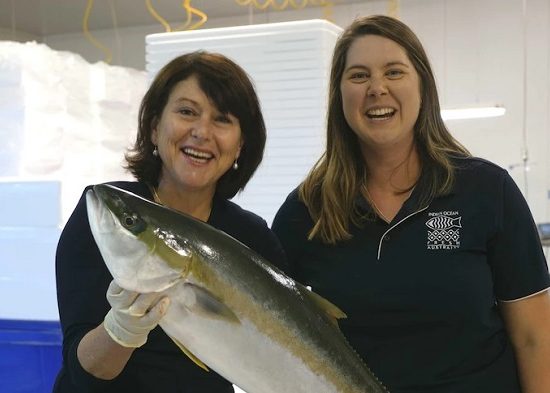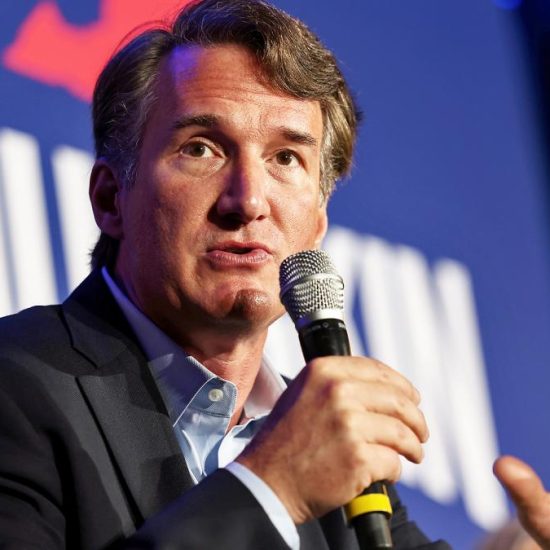Alaska’s path to financial stability will be neither short nor easy, and local residents will have the chance to weigh in on the issue before the state forms its final plan of action.
Randall Hoffbeck, Alaska’s Department of Revenue Commissioner, introduced four areas state officials will most realistically look at to balance the state’s budget: continuing with government budgetary restraints, initiating “taxes impacting individual Alaskans,” altering oil and gas taxes and credits, and “strategic” use of state assets.
“There’s no plan in place today. We’re actually asking people to take a look at the issue, give us suggestions,” Hoffbeck said. “The governor would like to put together a … plan by late August or early September.”
Hoffbeck admitted that relief for the state’s budget will not come equally from each of the four proposed avenues. He said the ability to make large cuts from government spending is not there, and the state will be lucky if it can squeeze 5 percent, or $250 million, from spending on programs and services. That leaves the majority of the deficit burden on the state’s assets, oil and gas taxes and credits, and potential tax initiatives.
Hoffbeck listed health care provider, income, business license, capital gains, school and payroll, and statewide sales and property taxes as potential taxes to look into. He said since Alaska presently taxes its residents less than other states, it is a realistic option for generating revenue. So is putting a cap on the Permanent Fund Dividend, which he said will not come without resistance.
In order to get Alaska residents educated, involved and ready to make practical suggestions related to the budget, Hoffbeck introduced a revenue expenditure model that can be downloaded onto a computer and experimented with. Residents can essentially “play” with the state budget, adjusting spending and adding to certain revenue options in an attempt to make it balance out.
Hoffbeck’s Fairbanks presentation and the revenue expenditure model can be downloaded at gov.alaska.gov.
See Full Story at Peninsula Clarion











